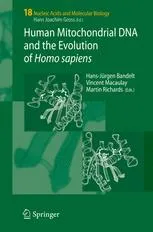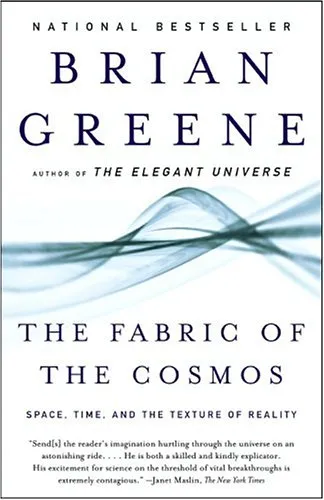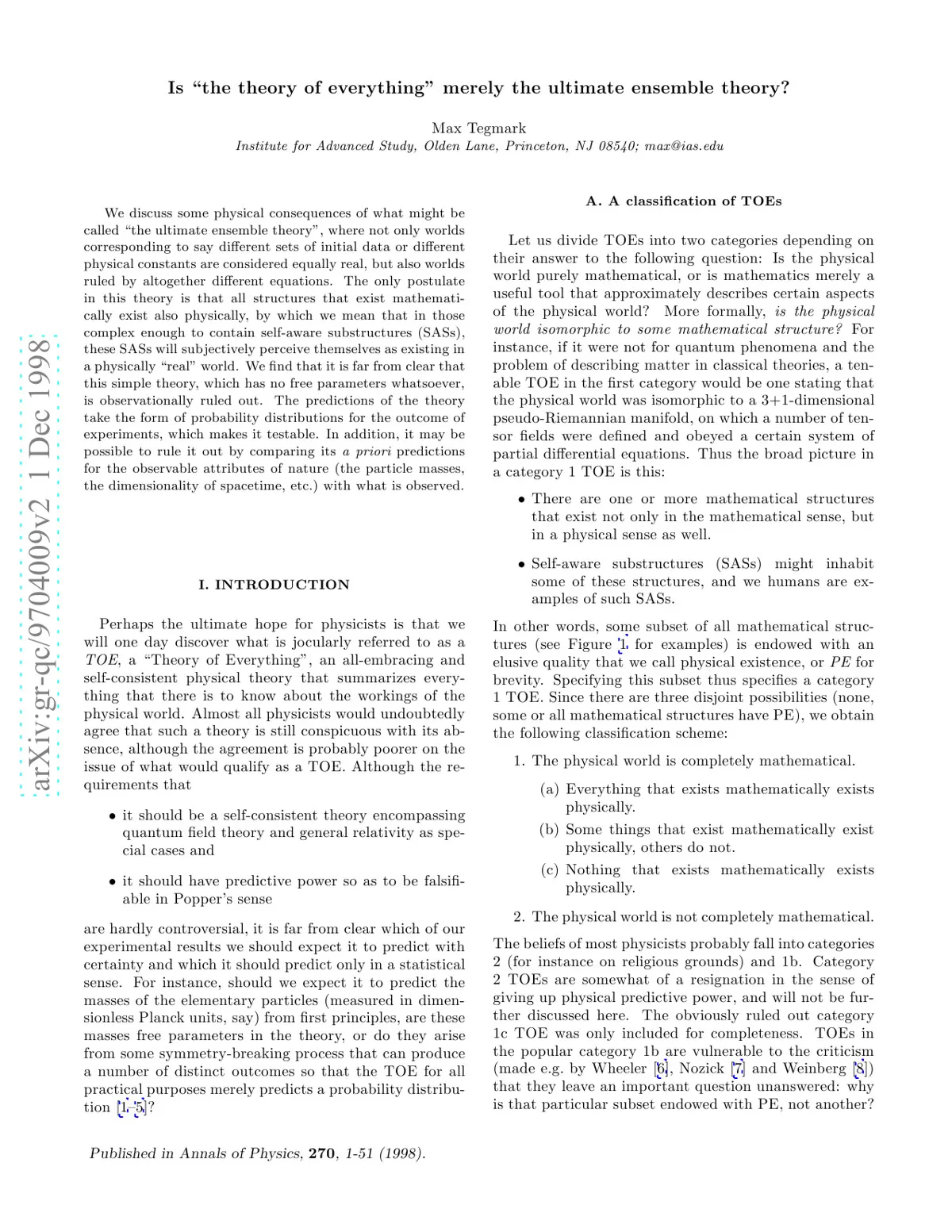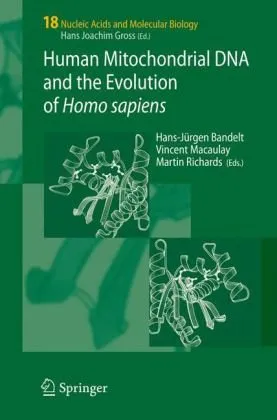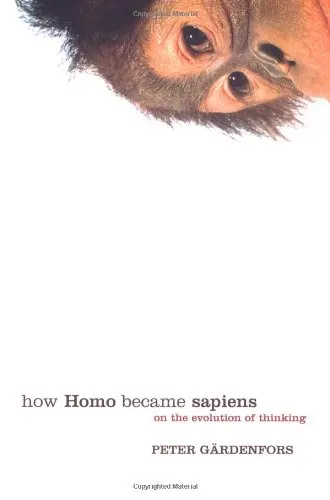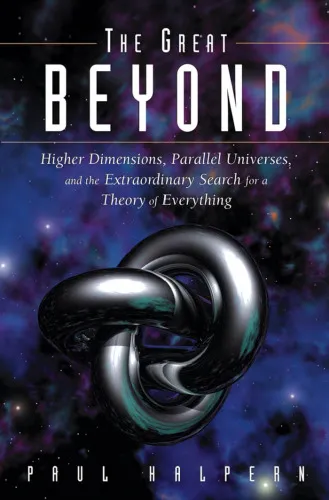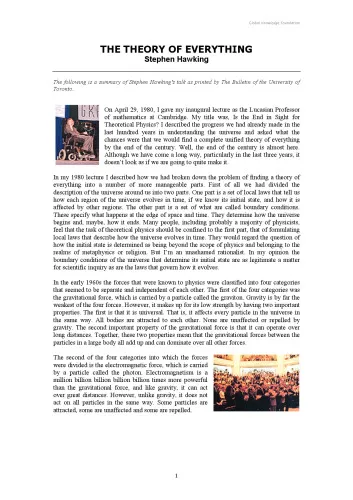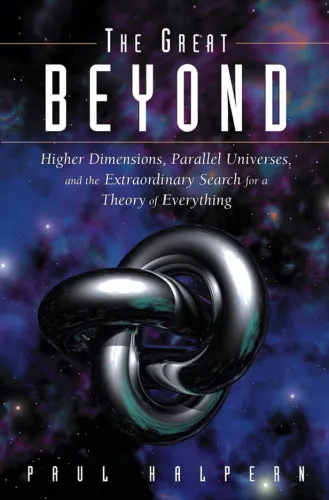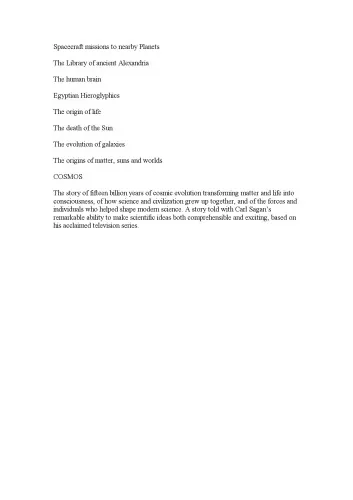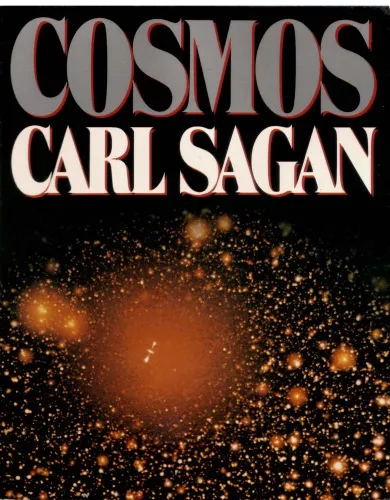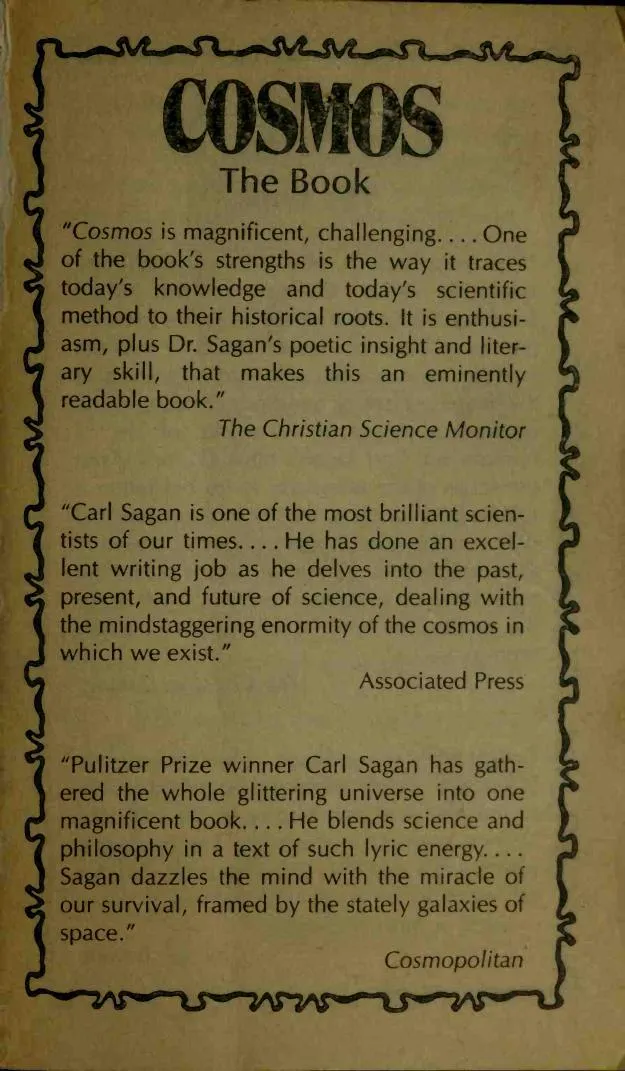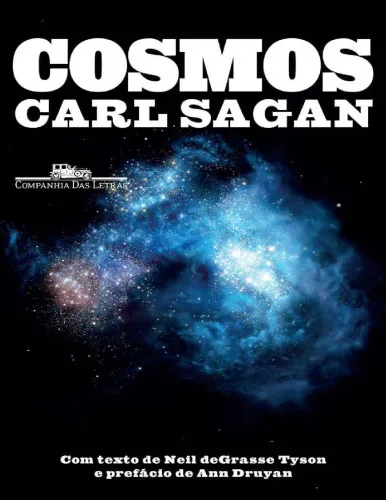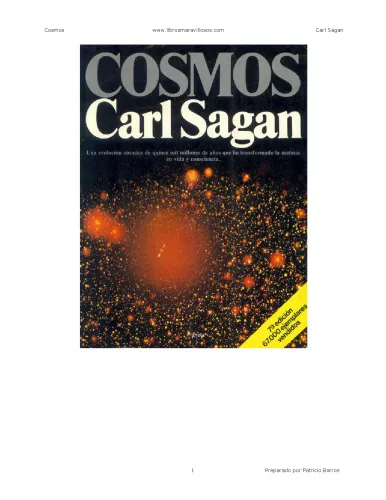Human Mitochondrial DNA and the Evolution of Homo sapiens
4.5
بر اساس نظر کاربران

شما میتونید سوالاتتون در باره کتاب رو از هوش مصنوعیش بعد از ورود بپرسید
هر دانلود یا پرسش از هوش مصنوعی 2 امتیاز لازم دارد، برای بدست آوردن امتیاز رایگان، به صفحه ی راهنمای امتیازات سر بزنید و یک سری کار ارزشمند انجام بدینکتاب های مرتبط:
مقدمهای بر کتاب "Human Mitochondrial DNA and the Evolution of Homo sapiens"
کتاب "Human Mitochondrial DNA and the Evolution of Homo sapiens" اثری برجسته در حوزه ژنتیک انسانی و علم تکامل است که توسط نویسندگان برجستهای شامل پروفسور Hans-Jürgen Bandelt، دکتر Vincent Macaulay، و دکتر Martin Richards به نگارش درآمده است. این کتاب به بررسی نقش DNA میتوکندریایی در درک تاریخ تکاملی انسان پرداخته و مفاهیم عمیقی در رابطه با حیات انسان مدرن و اجداد ابتدایی آن ارائه میدهد.
خلاصهای جامع از کتاب
این اثر گسترده، DNA میتوکندریایی را به عنوان ابزاری کلیدی برای کشف ریشههای انسان و مسیر مهاجرتهای تاریخی بررسی میکند. نویسندگان از دادههای ژنتیکی مدرن و روشهای آماری پیشرفته برای ایجاد درختهای فرگشتی استفاده کردهاند که به ما کمک میکنند تا نحوه پراکندگی گونه Homo sapiens را از آفریقا به سایر نقاط جهان بهتر درک کنیم. تمرکز اصلی این کتاب بر تحلیل haplogroups، بررسی تفاوتهای ژنتیکی، و تاریخچه مهاجرتهای انسانی است.
نکات کلیدی کتاب
- DNA میتوکندریایی به علت ماهیت مادری خود، ابزاری بینظیر برای ردیابی تاریخچه ژنتیکی انسان محسوب میشود.
- haplogroups مختلف اطلاعاتی حیاتی در رابطه با مسیر مهاجرتهای انسانی و تنوع ژنتیکی ارائه میدهند.
- استفاده از روشهای آماری پیشرفته به نویسندگان امکان داده تا روابط پیچیده بین جمعیتهای جهانی را تحلیل کنند.
- این کتاب تجزیه و تحلیل مهمی درباره ترکیبات ژنتیکی و پراکندگی جغرافیایی جمعیتهای اولیه Homo sapiens ارائه میدهد.
جملات معروف از کتاب
"Mitochondrial DNA is more than a genetic code; it is a time capsule that carries the story of human evolution."
"The migration of Homo sapiens out of Africa was not a single event but a complex process influenced by genetics and environment alike."
اهمیت این کتاب
کتاب "Human Mitochondrial DNA and the Evolution of Homo sapiens" نقشی حیاتی در پیشبرد درک ما از تکامل انسان ایفا کرده است. این کتاب نه تنها دریچهای به گذشته ژنتیکی ما میگشاید، بلکه به محققان ابزارهایی برای مقایسه دادههای جمعیتهای مختلف و تحلیلهای تاریخی ارائه میدهد. برای دانشجویان، محققان ژنتیک، و علاقمندان به تاریخ انسان، این کتاب منبعی ارزشمند است که مرزهای دانش علمی را گسترش میدهد.
Introduction to "Human Mitochondrial DNA and the Evolution of Homo sapiens"
The book "Human Mitochondrial DNA and the Evolution of Homo sapiens" represents a comprehensive exploration into the profound role of mitochondrial DNA (mtDNA) in shaping our understanding of human evolution. With its compelling synthesis of genetic, anthropological, and archeological research, this book delves deeply into the intricacies of mtDNA to illuminate the story of human ancestry, migration, and genetic diversity.
Written by leading experts in the field, this interdisciplinary volume is both a scientific tour-de-force and an accessible resource for researchers, students, and enthusiasts of evolutionary genetics. By leveraging the mitochondrial genome as a molecular clock, this work uncovers fascinating insights into how and when modern humans dispersed across the globe. This pivotal book serves as both a reference for understanding mtDNA-specific methodologies and a window into the evolutionary roots of Homo sapiens.
Detailed Summary of the Book
The book begins with an introduction to the mitochondrial genome and its unique characteristics, such as its matrilineal mode of inheritance and lack of recombination. These properties make mtDNA a powerful tool in reconstructing the maternal lineage and differentiating evolutionary events. The chapters outline the fundamentals of mtDNA analysis, highlighting its significance in identifying genetic markers and understanding population dynamics.
Subsequent sections focus on groundbreaking studies that trace the origins of modern humans. Using mtDNA as a key line of evidence, the book revisits the "Out of Africa" hypothesis, asserting that all modern humans share a common ancestor who likely lived in Africa approximately 150,000–200,000 years ago. The authors then explore the dispersal of early human populations, providing a detailed exploration of regional migrations and admixture events that contributed to the rich tapestry of genetic diversity observed today.
Additionally, the book addresses controversies and unresolved questions in evolutionary genetics, such as the genetic footprints of Neanderthals and Denisovans in modern human DNA. It also evaluates the methodological challenges associated with mtDNA analysis, including mutation rates and potential biases in sampling.
The culmination of the book ties together genetic, linguistic, and archeological findings into a coherent narrative, underscoring how advances in mtDNA research have revolutionized the understanding of human origins and evolutionary history.
Key Takeaways
- Human mitochondrial DNA provides a unique lens to trace maternal lineages through evolutionary time, enabling the study of human ancestry at an unparalleled level of detail.
- The "Out of Africa" hypothesis, supported by mtDNA evidence, highlights that all modern humans have a common origin in Africa before spreading globally.
- Interactions between anatomically modern humans and archaic hominins, such as Neanderthals and Denisovans, are reflected in the genomic contributions of these ancient relatives to modern populations.
- The use of mitochondrial DNA as a molecular clock has transformed the study of population genetics and evolutionary biology.
- Challenges in interpreting mutation rates, heteroplasmy, and sampling biases emphasize the need for rigorous methodologies in genetic research.
Famous Quotes from the Book
"Mitochondrial DNA provides a timeless record of human evolutionary history, one that is written in the very cells that power our existence."
"By tracing the migrations of our ancestors through their maternal lineages, we uncover not only the genetic markers of our past but also the shared heritage of humanity."
"The study of mitochondrial DNA is a profound reminder that the story of Homo sapiens is ultimately a story of connection, migration, and adaptation."
Why This Book Matters
"Human Mitochondrial DNA and the Evolution of Homo sapiens" is an indispensable resource for understanding the genetic basis of human evolution. Its relevance extends beyond the academic realm, offering insights into the universal human experience. By bridging diverse fields such as genetics, anthropology, and history, this book enriches our appreciation of what it means to be human.
In an era of scientific and technological advancements, this book underscores the importance of genetic research in addressing questions about our origins. It invites readers to consider how shared genetic heritage can contribute to a more unified understanding of humanity, transcending cultural and geographical barriers. Its narrative is not just about scientific discovery but also about the unifying threads woven into the fabric of our evolutionary journey.
دانلود رایگان مستقیم
شما میتونید سوالاتتون در باره کتاب رو از هوش مصنوعیش بعد از ورود بپرسید
دسترسی به کتابها از طریق پلتفرمهای قانونی و کتابخانههای عمومی نه تنها از حقوق نویسندگان و ناشران حمایت میکند، بلکه به پایداری فرهنگ کتابخوانی نیز کمک میرساند. پیش از دانلود، لحظهای به بررسی این گزینهها فکر کنید.
این کتاب رو در پلتفرم های دیگه ببینید
WorldCat به شما کمک میکنه تا کتاب ها رو در کتابخانه های سراسر دنیا پیدا کنید
امتیازها، نظرات تخصصی و صحبت ها درباره کتاب را در Goodreads ببینید
کتابهای کمیاب یا دست دوم را در AbeBooks پیدا کنید و بخرید
1331
بازدید4.5
امتیاز0
نظر98%
رضایتنظرات:
4.5
بر اساس 0 نظر کاربران
Questions & Answers
Ask questions about this book or help others by answering
No questions yet. Be the first to ask!
